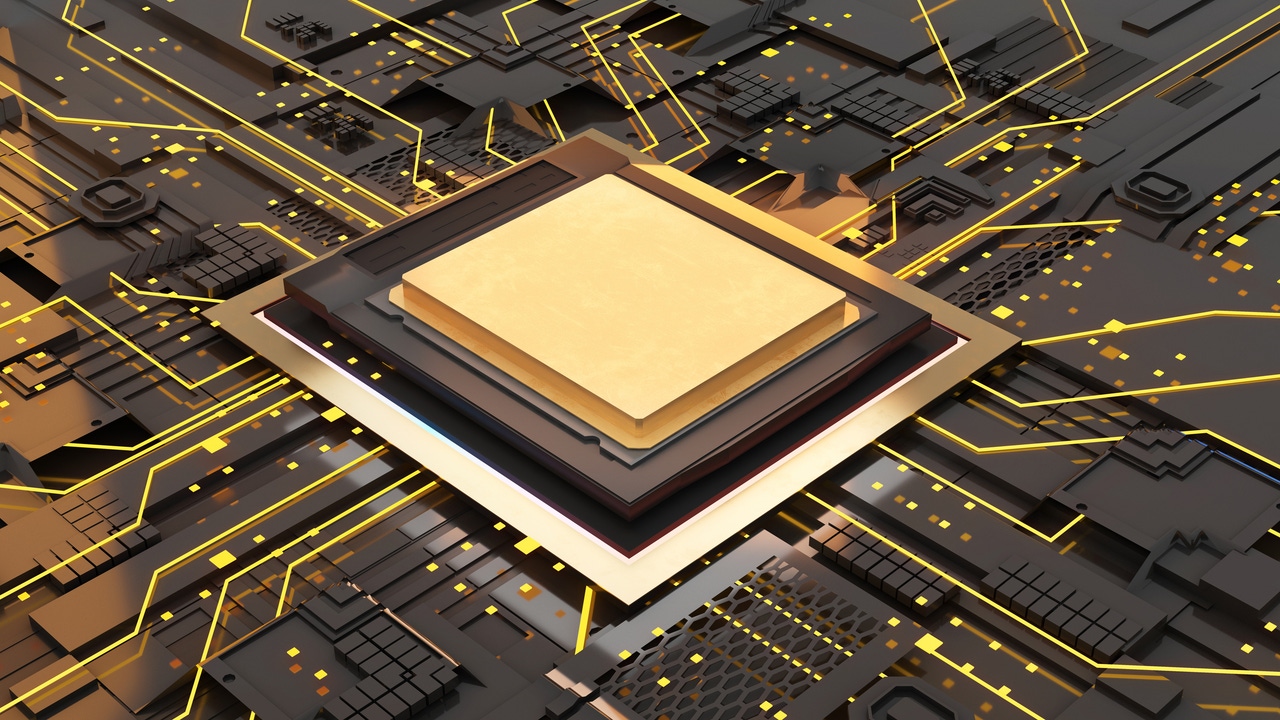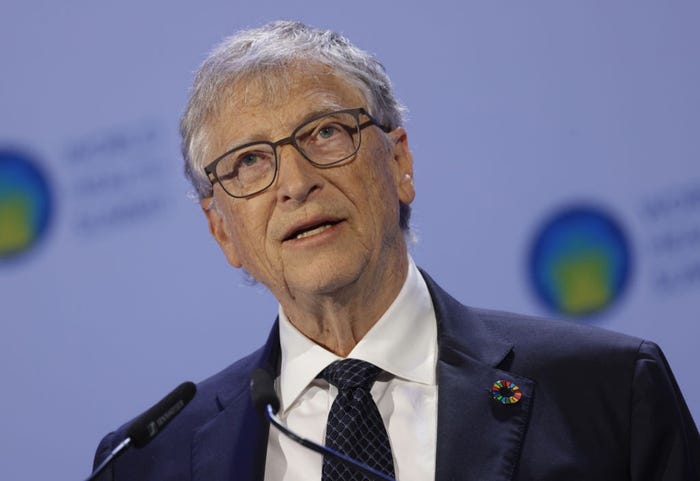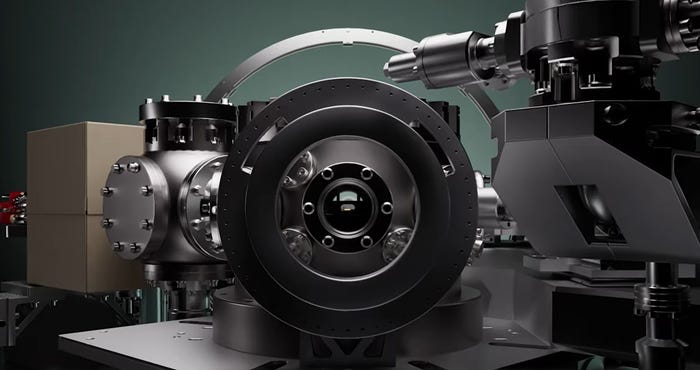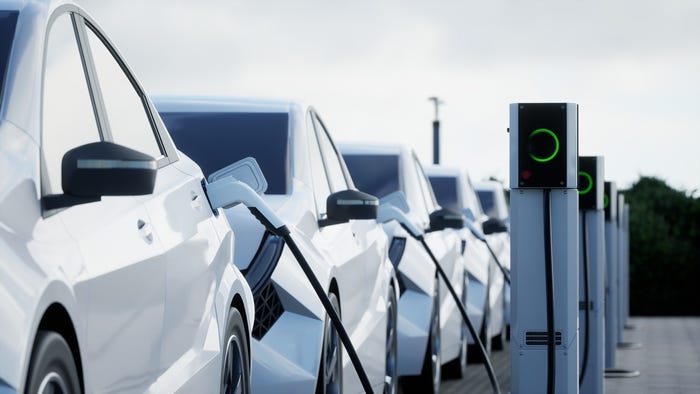
Connects decision-makers and solutions creators to what's next in quantum computing
Quantum Computers Expected to Be Useful by 2026, SurveyQuantum Computers Expected to Be Useful by 2026, Survey
Vendors anticipate available quantum computers to offer 100 logical qubits by 2027

Quantum computing vendors believe 2026-27 will mark a key inflection point for the industry when the technology will start delivering useful results for customers, a new survey has found.
Large-scale, fault-tolerant quantum computers capable of solving real business problems are generally considered to be several years away and there are many technical hurdles to overcome.
However, a recent Omdia survey of 28 quantum computer vendors headquartered in North America, Europe, Asia and Oceania, Latin America and the Middle East and Africa suggests the industry could see important progress by as early as 2026-27.
Several recent breakthroughs in error correction techniques support this optimistic prediction.
A significant proportion of respondents (39%) said they expect their customers to begin using quantum computers for operational purposes in 2026, up from 14% in 2025 and only 4% in 2024.
Most investments in quantum computing products and services to date have been aimed at researching the technology to see how it could benefit business challenges. However, the technology needs to progress from experimentation and testing to practical application and deployment to reap commercial benefits.
The majority of respondents (56%) said 2026 would be the year quantum computers begin to show a clear economic advantage such as improved speed, efficiency, higher quality or lower cost compared with classical computing solutions alone.
“It is important to note that this is not a claim of quantum computing making classically intractable problems tractable with quantum computers but rather that an increasing number of commercially relevant use cases will begin to emerge, demonstrating clear advantages for quantum computers,” said Sam Lucero, Omdia chief analyst for quantum computing.
Nearly a third of respondents (29%) said they believed 2027 would be the first year a commercially available quantum computer will achieve at least 100 logical qubits with a minimum of 99.999% logical fidelity for 2-qubit gate operations.
This level of performance could enable quantum computers to start demonstrating computational advantages over classical computers, at least in a narrow range of initial use cases.
Lucero, however, added a note of caution, saying: “While this is an encouraging result, Omdia has noted that 25% of respondents indicated 2029 would be the first year this milestone would be achieved, with another 25% forecasting it for 2030 or later.”The Omdia Quantum Computing Vendor Sentiment Survey – 2024 also found that the physical simulation of molecular and chemical reactions may be the prime commercial opportunity for quantum computing. Adopters are also interested in three primary quantum computing use cases: physical simulation, quantum machine learning and combinatorial optimization.
About the Author
You May Also Like






